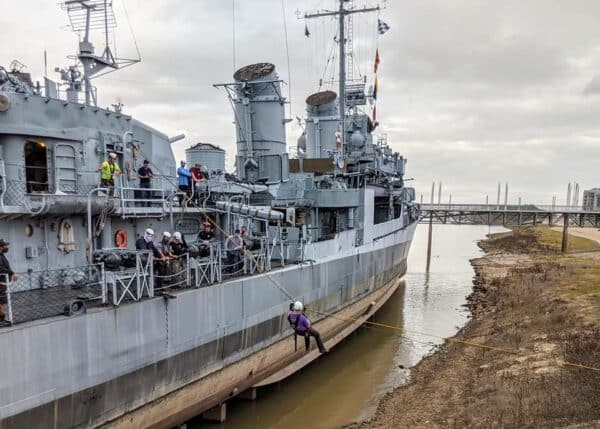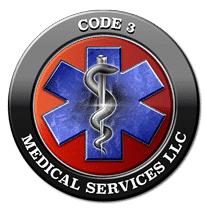Quality training should encompass not only classroom theory and hands on application but should also the integration of realistic scenario training to give feedback as to strengths and weaknesses. This is critical to see what aspects of your training may not have been understood or potentially missed. By using realistic scenario training you can get a comprehensive evaluation performance wise with your emergency response team post training.
Your medical training needs to be realistic
Now days it seems that most training and continuing education revolves around simply “clicking” a mouse while sitting behind a computer screen. As an educator and professional first responder for more than 30 years, I can confirm that doing the above will lead to subpar performance at best and in a worst case, cause either a responder or an innocent patient their potential life. If you are not testing theories and concepts and seeing where things break down under stress, then you are not getting a complete picture of your performance nor where your weaknesses may lie. It is proven that when under physical and mental stress, you will perform to the lowest level of proficiency that you are competent in. That means, if you train or give a half ass attempt while training, then that is exactly the level of performance one can expect.
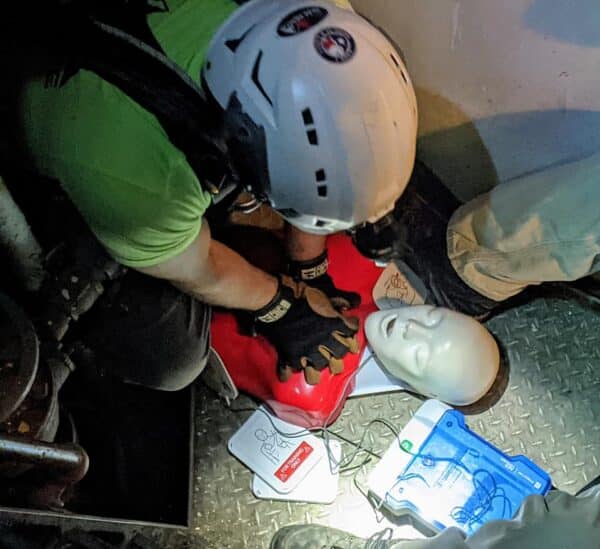
Classroom didactics are important, but when it comes to adult learning, most individuals which are required to perform simple to advance skill sets typically learn through hands on application and practice. Building that muscle memory is important so when things are mentally tough or require complex problem solving, our skills proficiency is at such a high level that we simply perform them like nothing is going on. If our skill set is not to that level, then there is no way for us to provide the absolute best care for patients when all hell breaks loose.
So what does reality based training look like? Well, it means you have to elevate your training to real life scenarios that not only challenge your mental aptitude and knowledge, but also your physical capabilities while being in environments that replicate possible real life situations. The goal is to elevate and overwhelm our comfort level so we can experience that mental and physical response to stress. That allows us to see where our performance begins to suffer. Usually that decline in performance can be traced to either the lack of understanding or knowledge or proficiency in our skill level. The only way to find out where our weakness may preside is through realistic training, not by simply clicking a mouse on a computer.
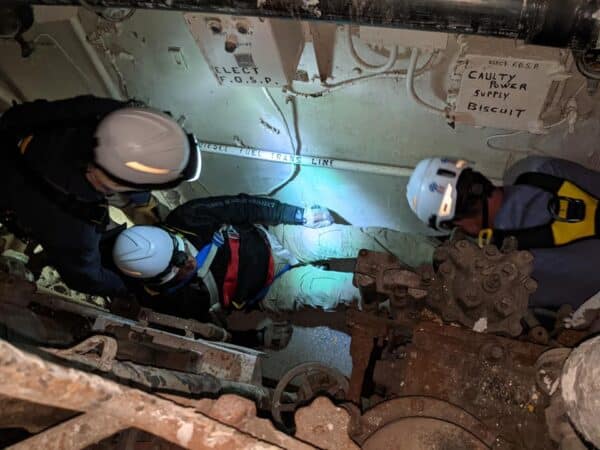
In order to achieve that caliber of training, it will require discipline and an investment to make each training opportunity count. In many cases, you either have to have someone fully dedicated to building and writing quality training programs full time or you hire a qualified training company to provide that training. In most cases unfortunately, a full time position is not only just responsible for training but for so many other responsibilities that the individual doing the training is simply bogged down and the first things that suffers is you guessed it, the training. Add to the fact that not everyone is great at facilitating teaching adults. Anyone can regurgitate a power point, but very few can actually articulate and engage with adults when it comes to genuine adult learning.
This is where having a company that specifically provides training services could be beneficial. This is because this is all they do on a day in and day out basis. When your sole responsibility is to provide training and educate, then you become very efficient and steadfast at doing exactly that. Add to the fact that if you have seasoned and experienced educators that also perform those skill sets as a profession, then you get the added benefit of all of that actual experience. By combining those aspects, you end up with training that is completely on a different level. That level is called professional. If you have emergency team members that are responsible for saving lives, don’t you want professionals training your people instead of someone that simply is trying to work in the required minimum? Pretty simple answer when you ask yourself that exact question.
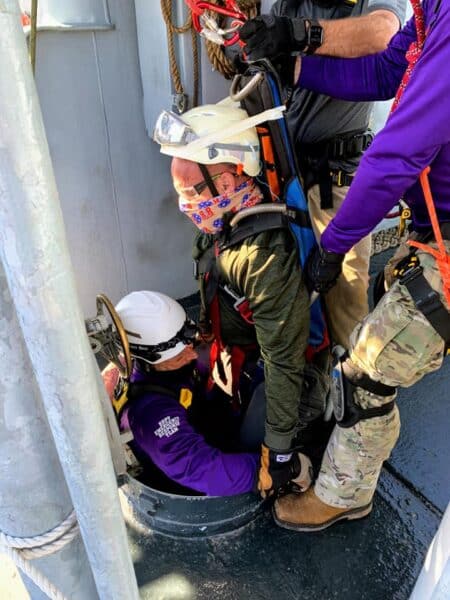
In the end, one has to be honest with themselves and others that they report to. Can you genuinely provide what is expected, but more importantly what is needed when it comes to training your team or individuals? If not, that is okay. Get somebody in there that can. Teaching and educating is truly an art and not everyone can do it. By ignoring that and continuing with the same old process, you end up hurting the people responsible for providing life saving care, the people that are looking to you to save them in a worst case scenario, the company as an entirety, and yourself. I don’t know anyone that would want to live with their conscious knowing that a death was preventable if only the training and skill set of their response team was better but instead, the minimum was all that was given. Changing the mindset of training starts with those responsible for the training. Invest in quality training that excites and invigorates those responsible that provide that care. When life or death incidences occur, you only get one chance to get it right and it all starts with the one who is responsible for training. There are no second chances when seconds matter.
